Getting your kid to apologize and teaching them to mean it!
Kids can get temperamental or even outright angry – it is a part of growing up. Any parent would want their kid to grow up with empathy and be a nice person to others and for that teaching you kid to apologize after losing his/her cool is the primary step. Next comes the concept of explaining why the action is wrong or what is the better alternative response for the same situation.
Getting an apology from a kid is easy; you can even force one out. But making your kid understand the situation and evolve as a better human is the tricky part. You kid should mean the apology and this is how you make it happen:
Let it cool
In most cases of outburst or conflicts with other kids, it is best not to force out an apology from the kid in the heat of the moment. Anything done at that moment is not going to make an impact and would only make things worse for you as a parent.
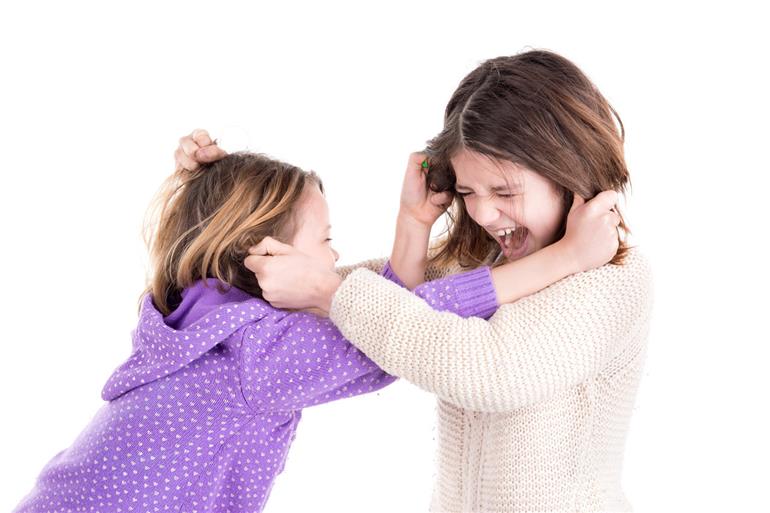
“Apologize right now!” might earn you brownie points from people around you but never earns you the love or respect from your kid. Let the moment pass, but make sure you are in control of the event. Pull out your kid from the conflict without scolding and then make them realize their mistake and sway them into an apology.
Be an example
Kids look up to elders for example. So when the next time someone visibly irritates you in front of your child, make sure you take a breather instead of acting out. Else, no matter how many apologies you get from your kid, they will always have your example at the back of their head.
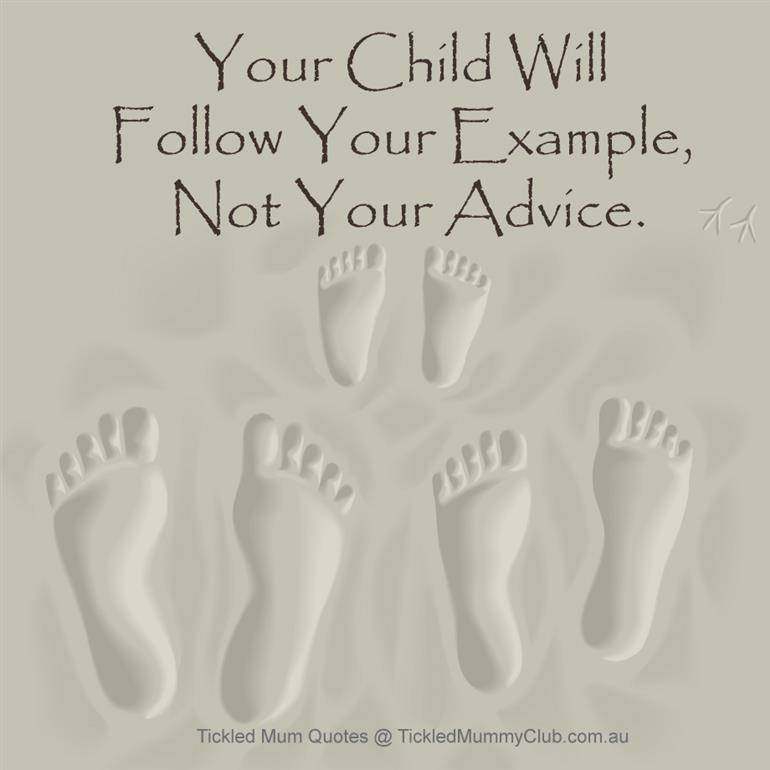
Put them in the victim’s shoes
If you child has been the aggressor in a conflict, make sure you talk out an example where you make your child imagine being in their position. This will bring out empathy. Try not to point out how bad their action was but rather bring it out from the child themselves. This way, actions might not be repeated the next time. A better way to say sorry is to not repeat the mistake!
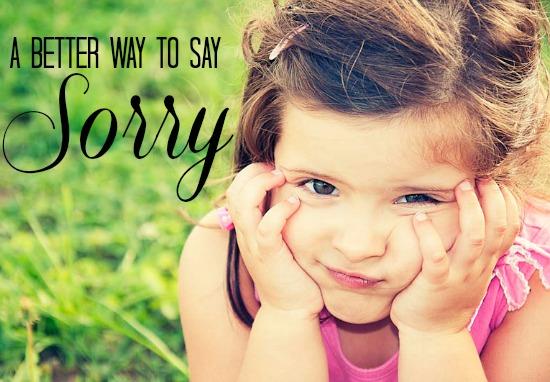
Listen to the entire story
Your kid might not be at fault every time. It could be the other person or even you at fault. Make sure you see both ends and listen to what the kid has to say. Most made up stories by kids can be found out easily by adults (obvious with so much experience!) so react against you kid only if they seem to be making things up, else be a support to your kid and make them feel important.
Take the next step toward your goals
Share your requirement and find the best care providers in your area
-
Looking for a caretaker’s job? Build your profile and get in touch with families in your vicinity.
-
Discover nannies, babysitters, cooks, housekeepers, pet sitters, and elder care under one roof.
-
Get all the support you need to run a successful care center.
-
Search for appropriate centers near you depending on your needs.
Care Corner Insights: Blog Library

Best Child Care Hacks for Busy Indian Moms and Dads in the U.S.
Balancing work, home, and parenting is challenging, especially for Indian parents living in the U.S. Between cultural expectations, school schedules, extracurricular activities, and household responsibilities, managing daily life can often feel overw

A Revolutionary Guide for Indian Families in California
Living in California offers incredible opportunities, but Indian families often face unique challenges—balancing cultural values, adapting to a fast-paced lifestyle, handling child care, navigating school systems, and building a strong community away
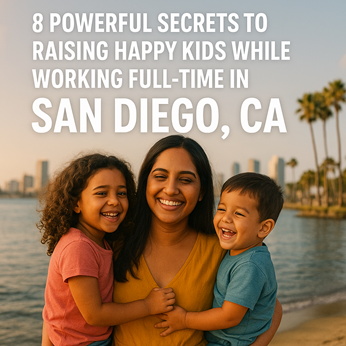
8 Powerful Secrets to Raising Happy Kids While Working Full-Time in San Diego, CA
Balancing a demanding full-time job with raising happy, emotionally secure kids isn’t easy—especially in a vibrant, fast-paced city like San Diego. But with the right strategies, you can create a joyful, connected home environment without burning out

What’s the Best Way to Find a Trustworthy Indian Nanny in Fremont, CA ?
Hiring a nanny for your family is a big decision, especially when you want someone who understands your cultural values and parenting style. If you’re looking for a trustworthy Indian nanny in Fremont, CA, here are some effective strategies to make t
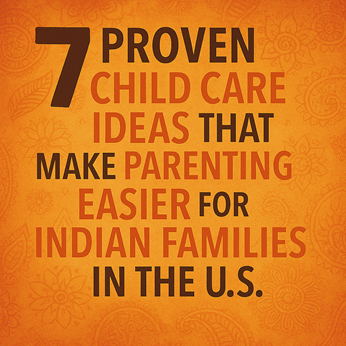
7 Proven Child Care Ideas That Make Parenting Easier for Indian Families in the U.S.
Raising children in the U.S. comes with a unique blend of opportunities and challenges—especially for Indian families trying to balance cultural values, busy work schedules, and daily childcare responsibilities. These seven proven childcare ideas can

9 Must-Know Tips for Hiring a Nanny in San Jose
Finding the right nanny for your family in San Jose can feel like a huge task — especially when you want someone who is trustworthy, experienced, and a perfect match for your child’s needs. Whether you’re a first-time parent or looking to replace you
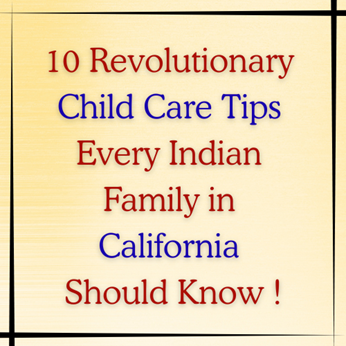
10 Revolutionary Child Care Tips Every Indian Family in California Should Know in 2025
1. Bring India Home — Every Day Your children might grow up in California, but they can still grow with India. Let Indian traditions live inside your home — evening prayers, storytelling in your native language, or cooking regional dishes together.
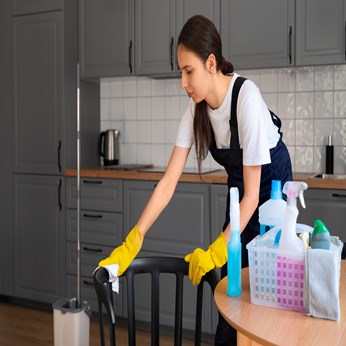
Deep Cleaning Your House: Room-by-Room Checklist for a Thorough Clean
A sparkling clean home isn’t just about looks—it’s about health, comfort, and peace of mind. Whether you’re prepping for a festival, hosting guests, or just tired of the clutter, a deep clean can transform your space. But where do you start? Here’s a

What are Senior Apartments? Experts Explain Independent Living for Older Adults
As we age, our needs and lifestyles evolve—but one thing remains constant: the desire for independence. Senior apartments are designed precisely with this in mind, offering older adults a living arrangement that balances freedom with comfort, safety,
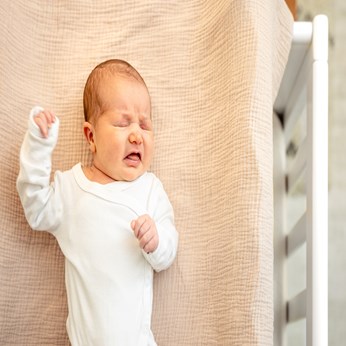
Baby Sleep Problems: What is Sleep Regression and How to Handle It
If you’re a parent, you know that baby sleep is one of the greatest mysteries of life. One day your little one is snoozing like an angel, and the next day they’re suddenly waking up every hour, fussing, or refusing to nap. Before you panic, there’s a